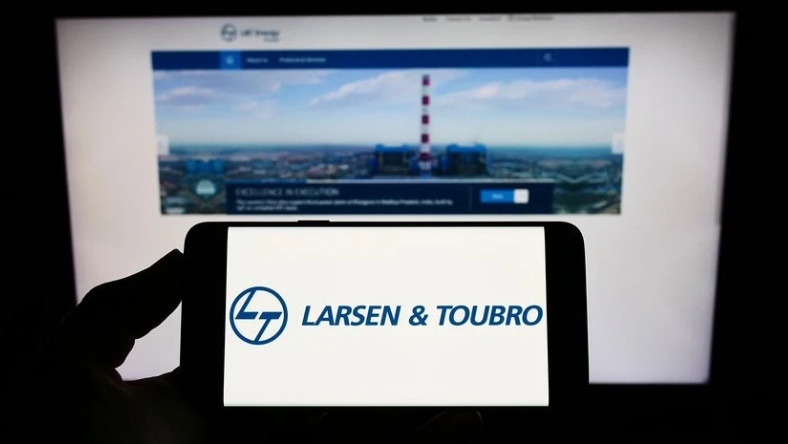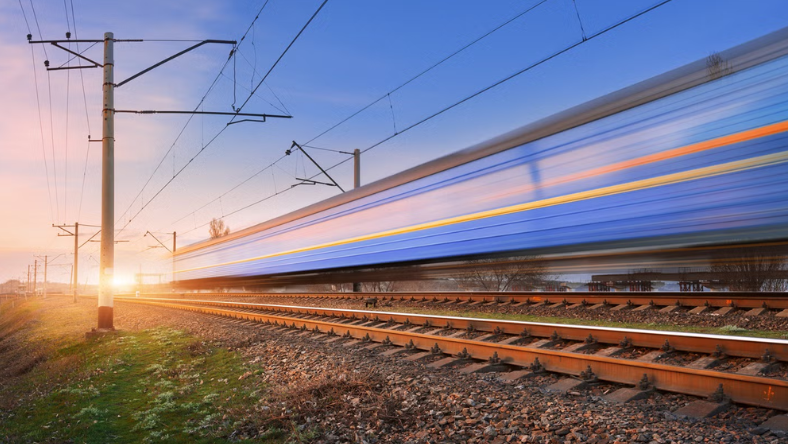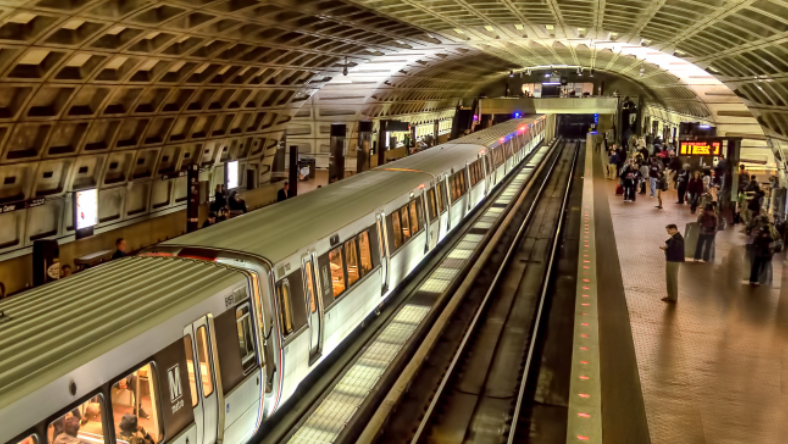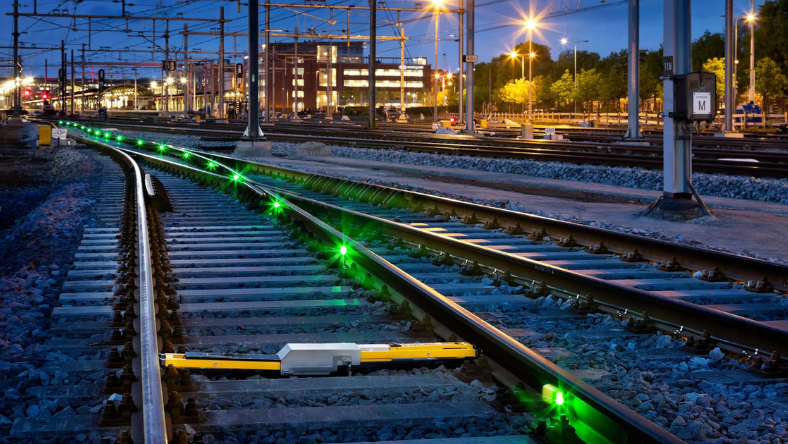TECHNOLOGY
Smarter Tracks Ahead: Al's Test Run on U.S. Railways
L&T's TrackEi, tested at MxV Rail, shows early promise in Al-assisted track inspections amid U.S. labor and safety debate
20 Mar 2025

Artificial intelligence is rolling into America's railways, promising to enhance how the nation inspects and maintains its vast network of tracks. Though still in early trials, Al-assisted systems could make rail operations safer, faster, and more efficient if they can prove themselves at scale.
One of the most closely watched technologies is TrackEi, developed by L&T Technology Services and tested at MXV Rail in Colorado. L&T claims that TrackEi can detect cracks, wear, and misalignments in real time using cameras and Al algorithms while trains are moving at full speed. Each journey effectively becomes a data-rich inspection run, designed to help engineers identify maintenance needs sooner and reduce operational disruptions.
This comes at a crucial time for U.S. rail operators facing aging infrastructure, high labor costs, and growing freight demands. Automated inspection promises round-the-clock vigilance, but the approach remains in testing, and long-term performance across entire fleets has yet to be proven.
"The real opportunity isn't just in collecting data but in turning it into action," said an engineer from ENSCO Rail, which is advancing its own autonomous inspection platforms. "Al helps us predict issues before they cause disruptions, but human judgment remains essential."
That balance between innovation and oversight is now at the center of an industry-wide debate. Labor unions have voiced concern that expanding automation could erode safety standards or reduce skilled jobs, while regulators at the Federal Railroad Administration continue to scrutinize whether algorithmic inspection meets the agency's stringent requirements. Industry experts suggest that Al should complement, not replace, human expertise, serving as a powerful analytical tool under expert supervision.
Despite the tensions, optimism persists. In early trials, systems like TrackEi have demonstrated encouraging results in detecting potential defects and streamlining maintenance planning. Yet large-scale adoption will depend on continued testing, regulatory approval, and collaboration with the workforce that keeps America's railways running.
As Al technologies advance, U.S. railroads are cautiously moving toward a future where digital tools and human insight work together to keep the nation on track.
Latest News
16 Sep 2025
The Next Stop for Railroads: Intelligent Safety30 Aug 2025
Signals of Change: U.S. Railroads Fast-Track Automation Push23 Aug 2025
Predictive Analytics Take the Lead in Rail Maintenance Trials7 Aug 2025
$1B Rail Bet Powers a New Era of Smart American Infrastructure
Related News

INNOVATION
16 Sep 2025
The Next Stop for Railroads: Intelligent Safety

MARKET TRENDS
30 Aug 2025
Signals of Change: U.S. Railroads Fast-Track Automation Push

PARTNERSHIPS
23 Aug 2025
Predictive Analytics Take the Lead in Rail Maintenance Trials
SUBSCRIBE FOR UPDATES
By submitting, you agree to receive email communications from the event organizers, including upcoming promotions and discounted tickets, news, and access to related events.